A first-hand account of addiction and recovery
By Sherita Mouzon –

Growing up, we used to have to heat the house with kerosene heaters and they were old. The smell from the smoke would get into my clothes and the kids would tease me in school.
I later became a heavy cocaine user; even after I had my daughter at age 31, it was not enough to stop. I wanted to die. I knew God had put me on this earth for a reason and it couldn’t be this.
I grew up in poverty and food insecurity all my life. I witnessed domestic violence and was raped by age 9. I never had a stable home environment and grew up witnessing the multi-generational effects of poverty. I knew I wanted a better life for myself, but did not know how to get there. I was also suffering from Post Traumatic Stress Disorder (PTSD) and untreated trauma, so my life was filled with drug use and risky behavior. I didn’t see a future for myself.
When I didn’t have money to buy my daughter anything for Christmas in 2008, I wrote to President Barack Obama requesting a present for my daughter. The White House forwarded my letter to a Salvation Army center in Philadelphia. I received help from one of the social workers there, who gave me three $20 Walmart gift cards and two bags of food.
Shortly after that act of kindness, I joined the Witness to Hunger program at Philadelphia’s Drexel University School of Public Health in 2010. Witness to Hunger is a research and advocacy project that partners with real experts on hunger—mothers and caregivers of young children who have experienced hunger and poverty. Through photographs, “witnesses” advocate for their own families and others and seek to create lasting changes on a local, state and national level.
With my involvement in the program, I was able to get self-help group training based on the sanctuary model by Dr. Sandra Bloom at Drexel University. The sanctuary model is a support group that teaches people how to talk about and heal from trauma and focuses on four main bodies of knowledge: trauma theory, social learning moral intelligence, democracy and complexity theory.
Through this process I realized why I was having self-destructive behavior. I had attachment disorder from my mother never being emotionally present to me and I had PTSD by witnessing the abuse my mom suffered at the hands of my brother’s father. I was also suffering from the shame of being raped by my babysitter’s female daughter. Only by going to a self-help group was I able to heal from the trauma I had suffered for so many years.
After this training, I began working for Drexel and then at the Kroc Center as a peer mentor and running self-help groups. The Salvation Army also wanted this program at the Temple Corps, the same place The White House had sent my letter three years before.
Currently I’m a peer-mentoring caseworker for The Salvation Army and I run self-help groups for the community as well as staff and interns. The Lord has given me a way to share my story and also mentor others. I was not able to help myself until I accepted the Lord’s help. He put me here in this program for a reason.
I’m now sober and living with my husband and daughter. I want people to know that with God’s help any and all things are possible. I was lonely, depressed and angry, and I know other people out there feel the same way and I want to help those people. That’s what this program does.








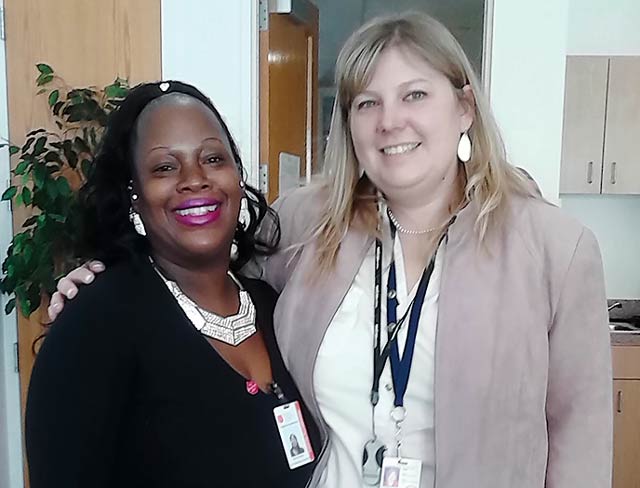
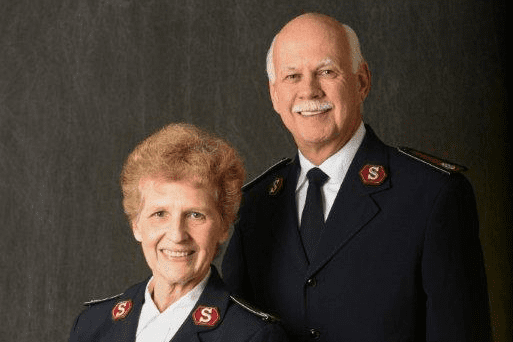
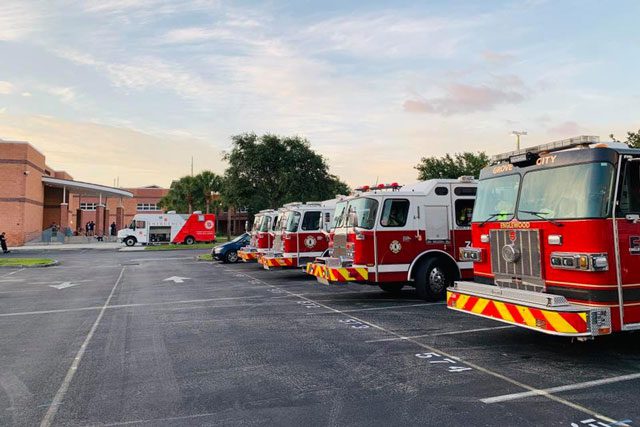
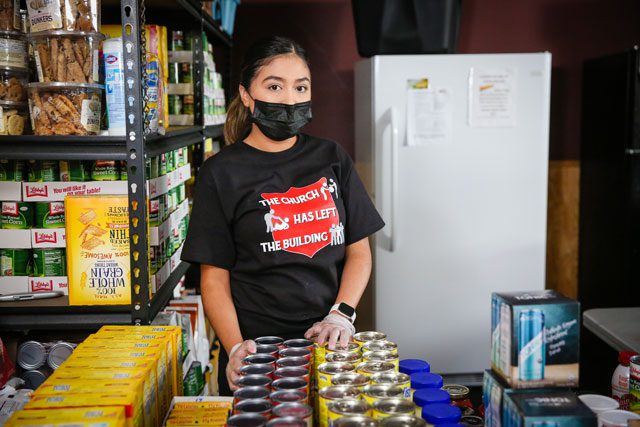
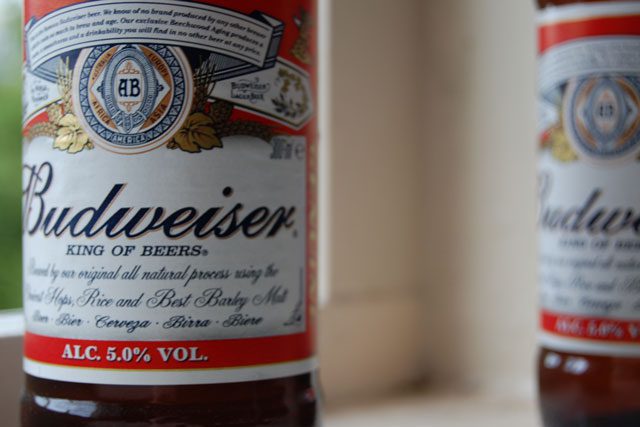
This is definitely an empowering story of struggle and hope. I pray that know one else indures this and learns that life isn’t over still God wants us to come home.